Reviews
-
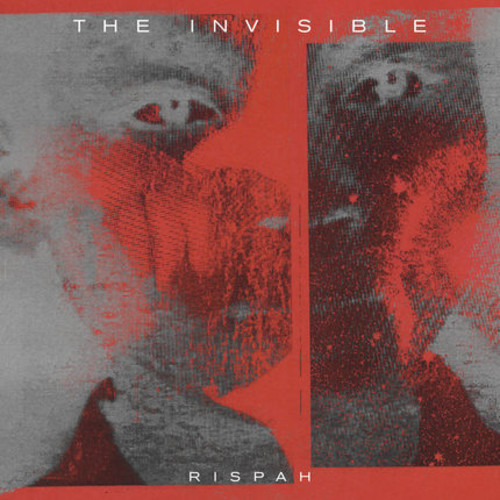
THE INVISIBLE : RISPAH
.
Most other reviews of Rispah mention the death of Dave Okumu’s mother as the album’s defining feature. Of course, Rispah was written and recorded in the immediate aftermath of this event, so it would be difficult to ignore the impact: Indeed, Okumu has described the album as a “love letter to grief.” However, there is a risk that all…
-

DAT POLITICS: BLITZ GAZER
.
Electronic music can often be a miserable affair. Sometimes artists equate electronic with experimentation to the point that the outcome can be somewhat hard listening. These albums can be almost like an endurance test to see if you can get to the end. Happily, this record is nothing like that. DAT Politics’ Blitz Gazer is…
-

FIREWATER: THE GOLDEN HOUR
.
The Golden Hour stands tall as a flawed but remarkably good experiment in mixing up influences from all over the globe. Firewater’s main man Tod A. went to the source…
-

SHED: SHEDDING THE PAST
.
Shedding the Past is a collection of eleven Detroit-style techno tunes by German techno engineer Shed. It is a record in the mold of Aphex Twin with a powerful skipping…
-

MONKEY: JOURNEY TO THE WEST
.
Those Gorillaz have returned in the guise of a completely different primate. This one comes complete with a tale and a fully furred opera in tow. Who would have…
-
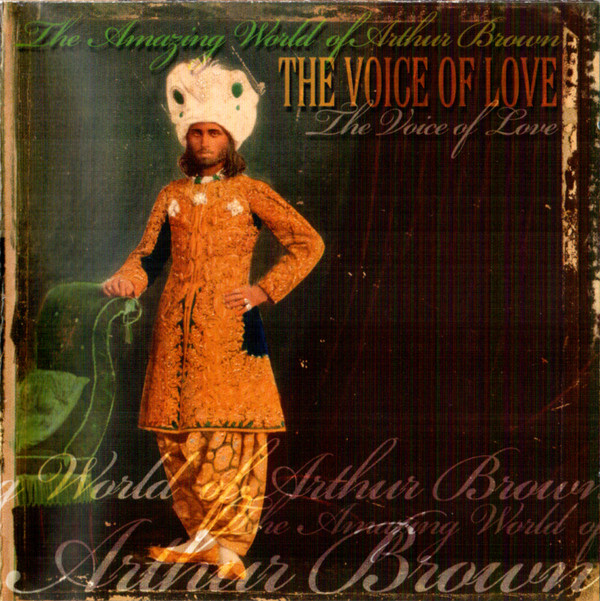
THE AMAZING WORLD OF ARTHUR BROWN: THE VOICE OF LOVE
.
What can be said about Arthur Brown that hasn’t been said a million times already? He is the archetype of the one-hit wonder. He is the rocker with wild…
-
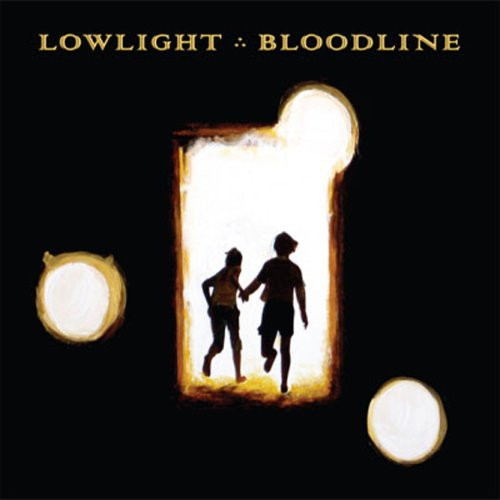
LOWLIGHT: BLOODLINE
.
The cover of Bloodlines looks like it was lifted from an episode of the X-Files. It draws you in with its mystery, two people running into the light. They are running…
-

CIAM: ANONYMOUS
.
With track titles such as “Misunderstood”, “Here I Am”, and “Looking for Love” CIAM are pushing the right buttons for the disaffected youth. Jeff Shapiro’s vocals are a predictable…
-
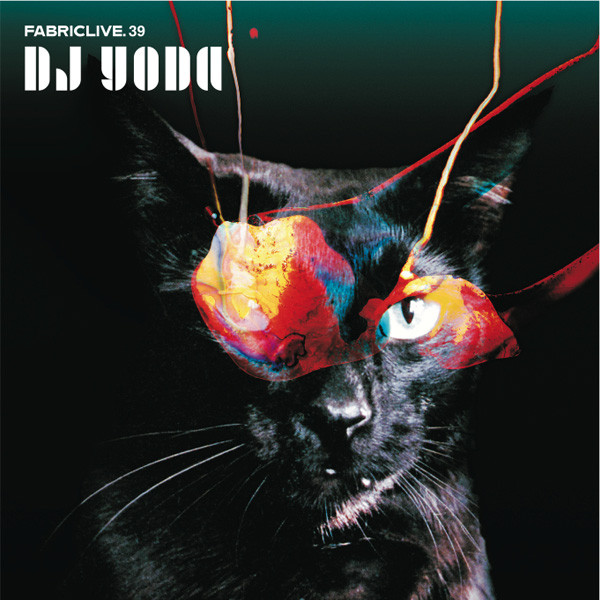
DJ YODA: FABRICLIVE 39
.
The Fabric nightclub in London is one of the capital’s hottest venues. Many international DJs hit this club, which prides itself on its very broad music policy. The range…
-
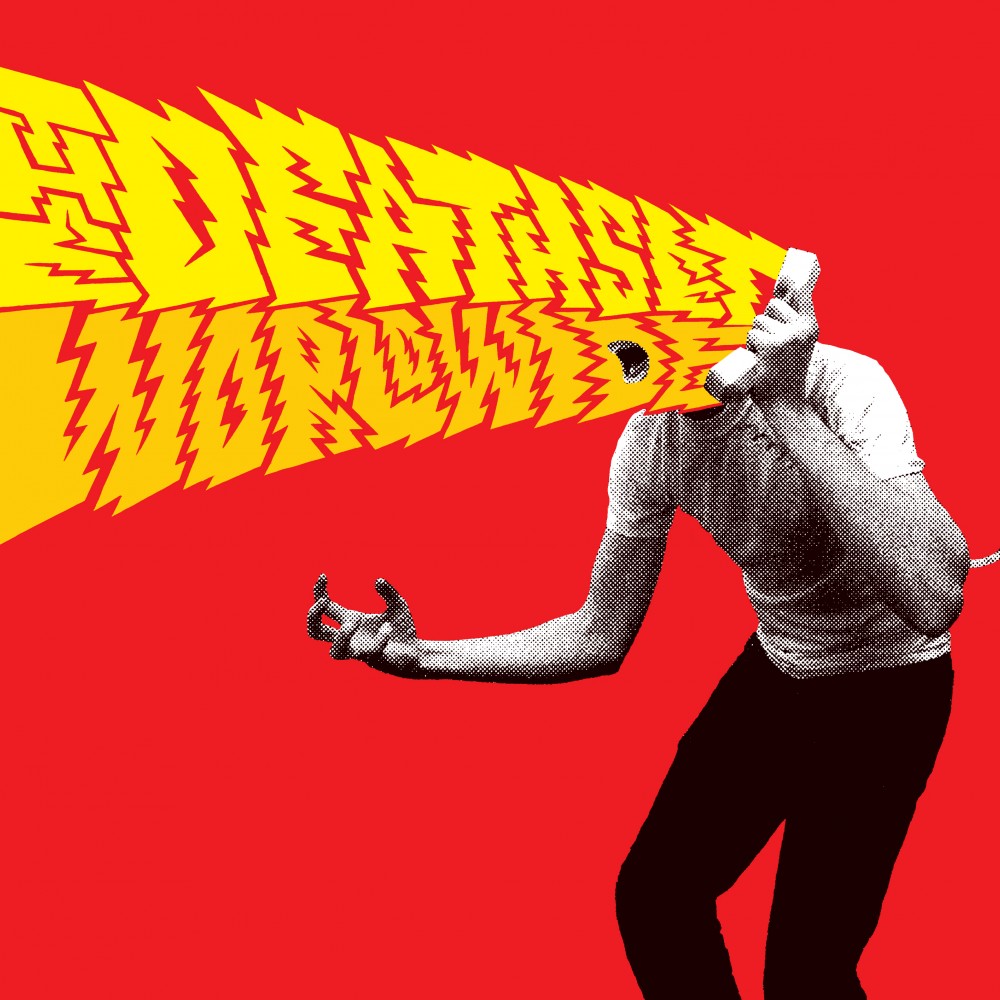
THE DEATH SET: WORLDWIDE
.
Eighteen songs, 26 minutes. You just know that with statistics like that, the CD that you have put into you player is going to be out of the ordinary….
